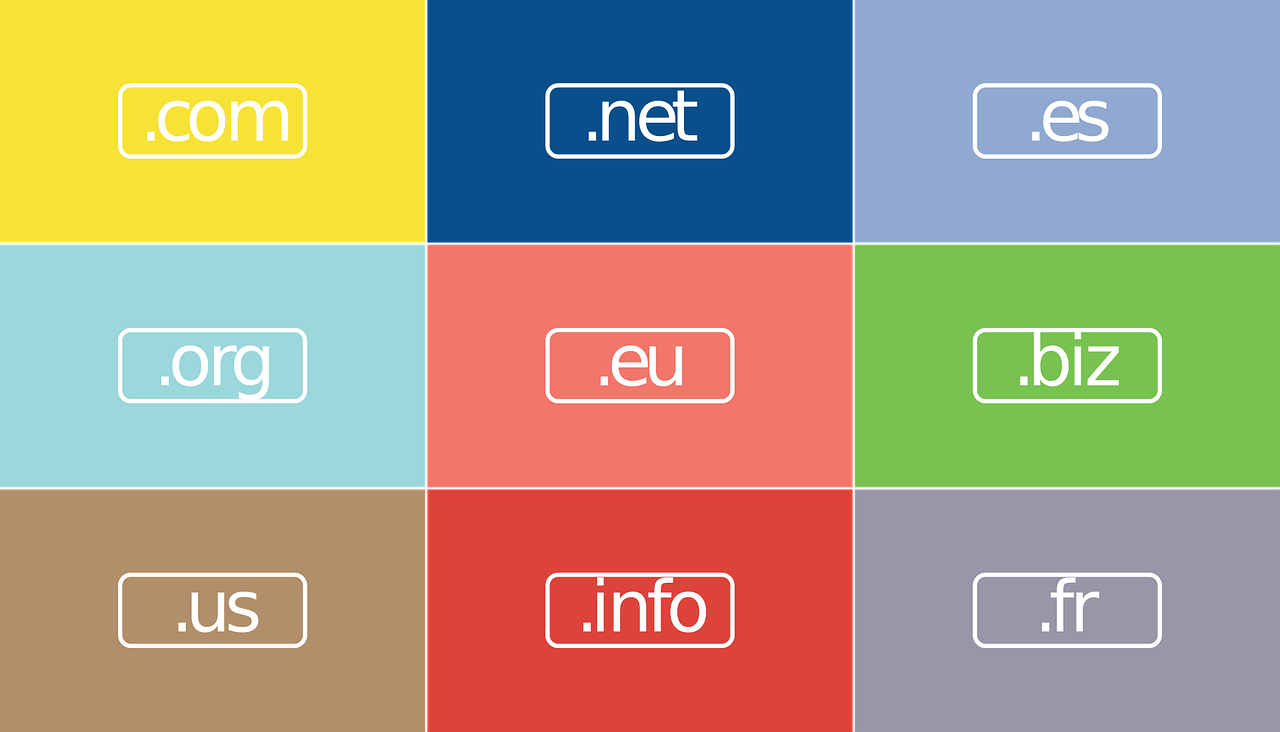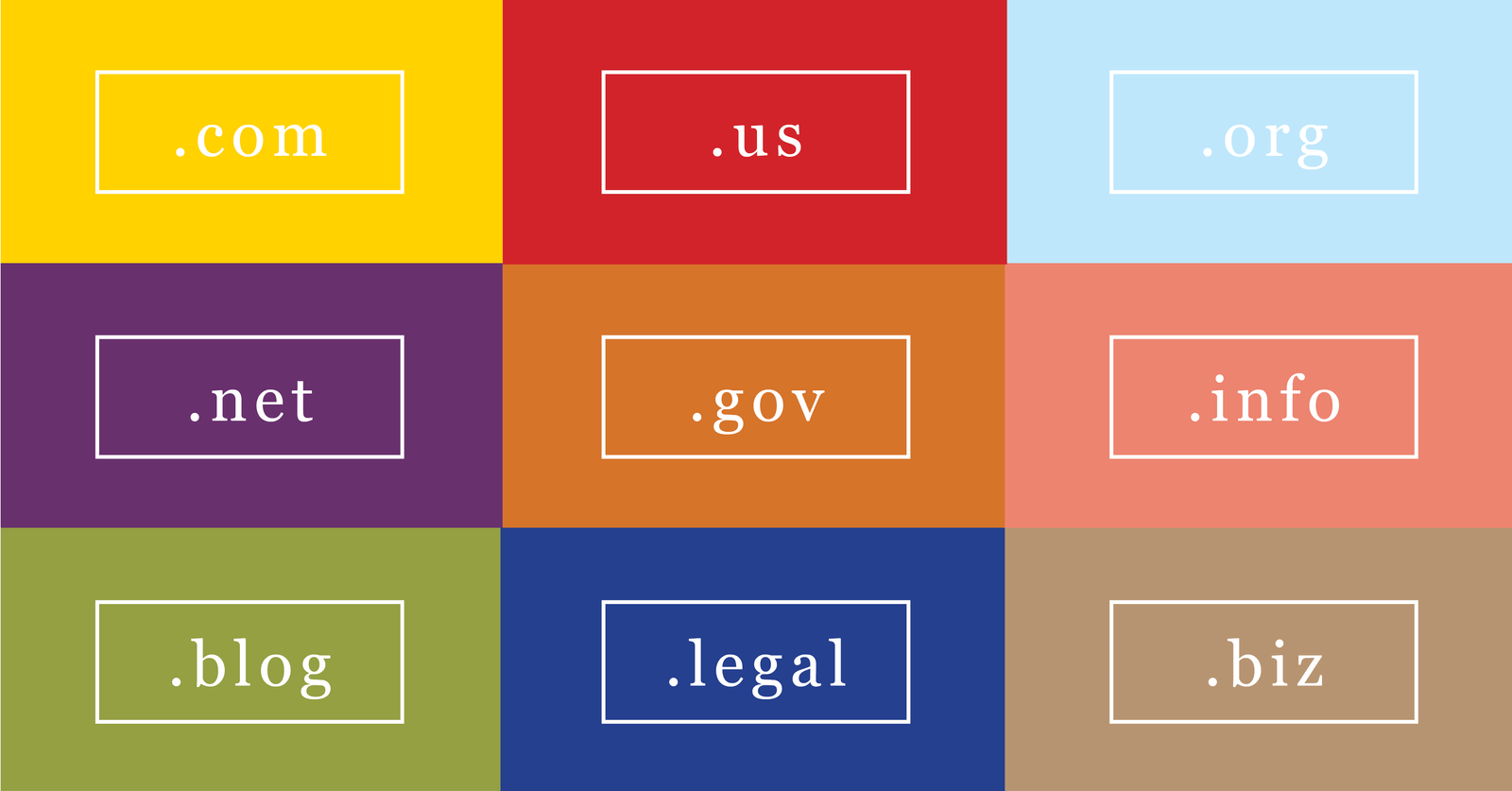What Are Domain Name Extensions and Which One Should You Choose?
When you choose a domain name for your website, you’re likely to focus on finding the perfect name. However, there’s another crucial element to consider: the domain name extension. Domain extensions, also known as top-level domains (TLDs), are the suffixes that appear after the dot in a domain name—such as .com, .net, .org, and many others. These extensions serve not only as identifiers but also influence your brand’s credibility, search engine ranking, and audience trust.
In this article, we’ll explore what domain extensions are, why they matter, and how to choose the right one for your website.
What Are Domain Name Extensions?
A domain name extension is the part of your web address that comes after the “dot.” For example, in “example.com,” the extension is “.com.” These extensions are managed by domain registries, organizations responsible for overseeing each TLD and ensuring its proper use. Extensions can be classified into several categories, and choosing the right one can impact your website’s performance and audience perception.
Categories of Domain Name Extensions
- Generic Top-Level Domains (gTLDs)
These are the most common domain extensions, including the popular ones like .com, .org, and .net. gTLDs are not tied to any specific country or region.- .com (Commercial): Most widely recognized and often the default choice for businesses and personal websites.
- .org (Organization): Typically used by non-profit organizations, educational institutions, or open-source projects.
- .net (Network): Originally for network providers and infrastructure-related sites but now used more broadly.
- .info (Information): Often used for informational websites or online resources.
- .biz (Business): Used by businesses and enterprises, though less common than .com.
- Country Code Top-Level Domains (ccTLDs)
These extensions are country-specific and represent a particular geographical location or market. For example, .uk is for the United Kingdom, .ca is for Canada, and .de is for Germany.- .us (United States)
- .ca (Canada)
- .in (India)
- .au (Australia)
These extensions are ideal if you want to target a specific country or region with your website.
- Sponsored Top-Level Domains (sTLDs)
Sponsored domains are restricted to specific groups or organizations. These are typically niche-focused and represent a specialized industry or community.- .edu (Education): Reserved for accredited educational institutions in the United States.
- .gov (Government): Reserved for U.S. government entities and agencies.
- .mil (Military): Used by U.S. military organizations.

- New gTLDs (Generic Top-Level Domains)
New gTLDs are relatively recent additions to the domain landscape and offer more variety than traditional TLDs. They include industry-specific extensions such as .tech, .store, .blog, and many more. These TLDs allow for more creative and tailored domain names, such as:- .tech (Technology websites)
- .store (E-commerce sites)
- .blog (Blogs)
- .design (Design-focused websites)
Why Does the Domain Extension Matter?
- Branding and Recognition
Your domain extension plays a key role in how your website is perceived. For businesses, a .com extension is often seen as more trustworthy and professional. Meanwhile, a .org extension signals a non-profit or cause-driven organization. Your extension can help reinforce your brand’s identity and message. - Credibility and Trust
Certain domain extensions, such as .gov or .edu, carry inherent trust due to their association with government and educational institutions. These extensions are seen as reliable and authoritative, which can boost credibility. However, a well-chosen extension like .com can also instill trust in visitors, especially if they’re familiar with it. - Search Engine Optimization (SEO)
While Google does not directly use domain extensions as ranking factors, the choice of extension can indirectly influence your SEO efforts. For example, using a ccTLD such as .ca for a Canadian audience helps search engines understand the geographical relevance of your website, potentially boosting rankings in that region. Additionally, using a recognizable extension like .com can help improve click-through rates from search engine results pages. - Availability of Your Desired Domain Name
A .com extension is often the most sought-after and can sometimes be hard to come by, especially if you’re targeting a competitive niche. New gTLDs and other alternative extensions offer a wide range of available domain names, giving you more flexibility to choose a name that aligns with your brand.
How to Choose the Right Domain Extension for Your Website
Here are a few tips to guide you in selecting the best domain extension for your site:
- Consider Your Business Type and Audience
If you run a business, a .com extension is usually the best option due to its recognition and trust factor. However, if you’re running a non-profit organization, a .org extension may be more suitable. For geographically focused websites, a ccTLD may help localize your audience. - Think About Your Branding
Choose a domain extension that aligns with your branding and resonates with your target audience. If you’re in a specific industry, consider industry-related extensions like .tech, .store, or .design. These can give your website a professional, niche-oriented appeal. - Research Availability
Always check if your desired domain name is available with your chosen extension. Popular extensions like .com often have limited availability, especially for common words or phrases. In these cases, new gTLDs can provide more options. - Keep It Simple and Memorable
While new extensions can be exciting, try not to overcomplicate things. Choose an extension that is easy to remember and type. A .com extension is often the most memorable for visitors, but if you go with a new extension, ensure it makes sense for your brand.
Conclusion
Domain name extensions are more than just a technical detail—they shape your website’s branding, credibility, and SEO potential. Whether you’re opting for a trusted .com, a location-specific ccTLD, or a niche-driven new gTLD, it’s crucial to select the right extension for your goals. Make sure your domain extension supports your brand, resonates with your target audience, and is aligned with your long-term vision.



